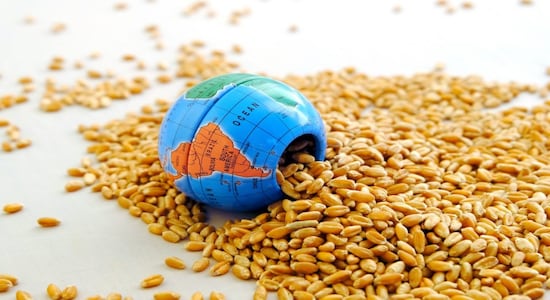
 1 / 10
1 / 10Climate Crisis Culprit: Feeding the world is a monumental task. This effort results in billions of tonnes of greenhouse gas emissions annually, accounting for about a third of the global total.
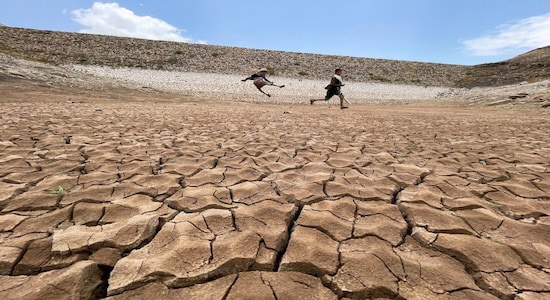
 2 / 10
2 / 10Food’s Climate Impact: Despite food being a significant contributor to climate change, little has been done to address it. This year’s UN climate conference in Dubai will be the first to dedicate an entire day to reducing food’s climate impact.
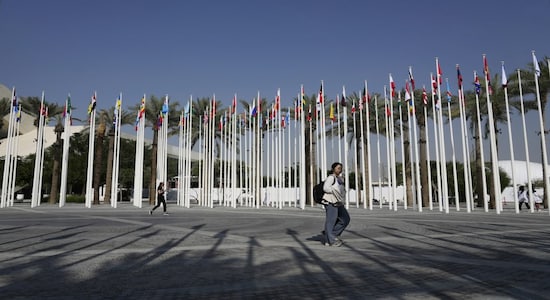
 3 / 10
3 / 10Advocacy Groups’ Role: Advocacy groups are urging countries to devise real solutions. They are pressing for concrete measures to tackle the climate impact of food production and consumption.
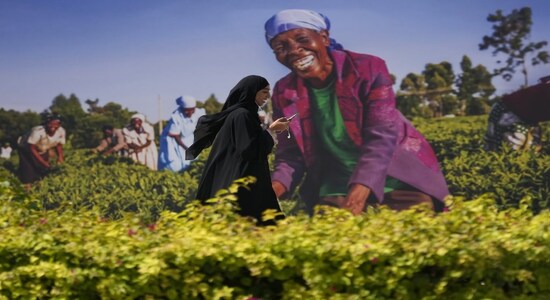
 4 / 10
4 / 10Emission Sources: The food and agriculture sector are major sources of emissions. Global food systems were responsible for 17 billion metric tonnes of carbon dioxide equivalent in 2019, which is 31% of human-made greenhouse gas emissions.
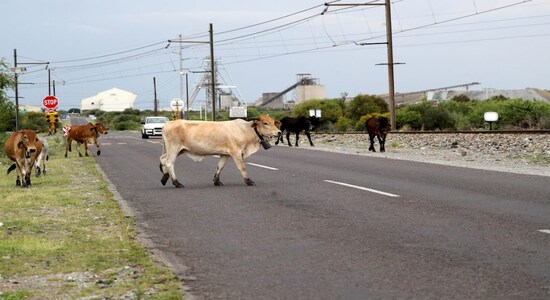
 5 / 10
5 / 10Livestock’s Contribution: Livestock is one of the biggest contributors, accounting for around 14.5% of all anthropogenic GHG emissions. Cattle are responsible for 65% of these emissions, primarily as methane.
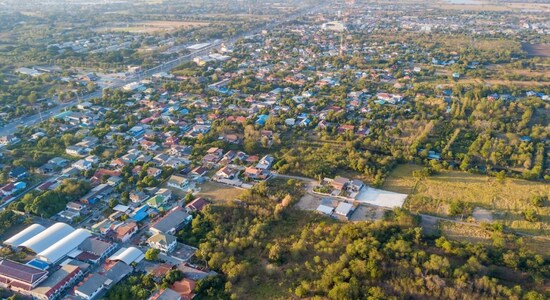
 6 / 10
6 / 10Land Use Impact: Activities supporting agriculture, such as deforestation or peatland degradation, generate 3.5 billion metric tonnes CO2 equivalent annually. When forests are cleared for agricultural purposes, stored carbon is released into the atmosphere.
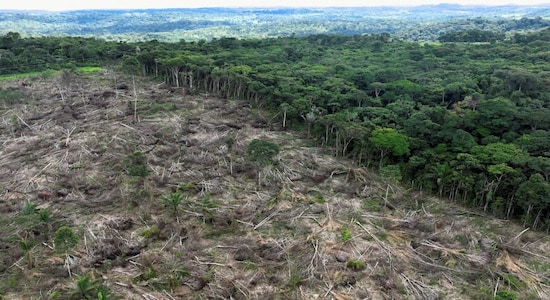
 7 / 10
7 / 10Deforestation Dilemma: Deforestation is responsible for nearly 80% of emissions from food production in Brazil, the world’s largest exporter of beef and soybeans. Peatlands, on the other hand, store twice as much carbon as the world’s forests.
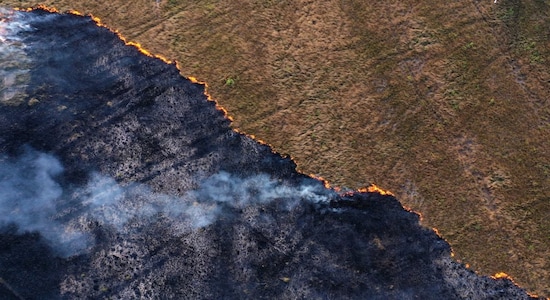
 8 / 10
8 / 10Peatland Problem: Draining or burning peatlands for agricultural purposes is responsible for about 5% of all anthropogenic emissions. This was highlighted in a 2021 report by the United Nations.

 9 / 10
9 / 10Wastage Woes: About one-third of all food grown worldwide is wasted. This wasted food generates half of all global food system emissions, according to a study published in Nature Food in March.
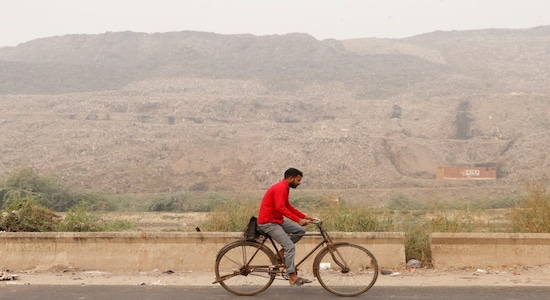
 10 / 10
10 / 10Landfill Impact: A significant portion of these emissions are caused by methane formed when food rots in landfill. Food waste makes up about 25% of municipal solid waste in landfills in the United States.

